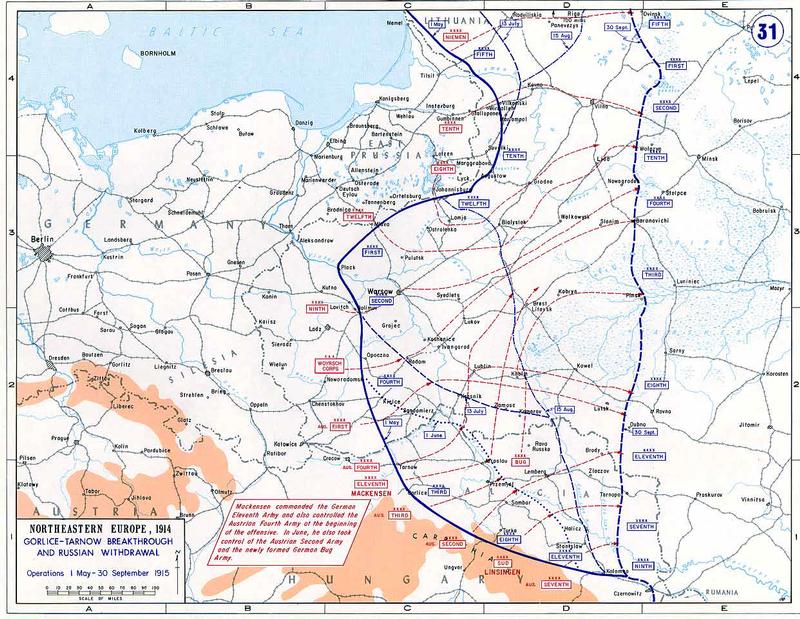

All of the author’s comments apply equally to the situation in the West as to the East. On the Western front, we think of the battle of Cambrai in 1917 as being a “modern” attack using armoured vehicles. By the later stages of the war, the internal combustion engine had improved to allow the development of the first tanks. Stone points out the obsolescence of cavalry which was incapable of breaking through modern defences, and the inadequacy of the internal combustion engine in 1914. Instead, they could have sat within their own borders and adequately defended themselves against both Russia and France. Indeed, had the German high command realised this, they would not have been driven to invade France and Belgium so as to avoid a two-front war. This was as a result of quick firing infantry rifles, the modern machine-gun, and quick firing artillery.

To start at the beginning, the author deals with the situation pertaining in Europe leading up to 1914, in particular, that all the generals in all the armies, including the British, did not comprehend properly that the balance of power between attack and defence had changed radically.

He also reinterprets the connection between the war and the chaos that followed, arguing that although fighting had almost ceased by the end of 1916, Russia was still in turmoil – undergoing a period of change that would inexorably lead towards revolution. In this now classic history, he dispels the myths surrounding a still relatively little known aspect of the war, showing how inefficiency rather than economic shortage led to Russia’s desperate privations and eventual retreat. Norman Stone’s ground-breaking book was the very first authoritative account of the Russian front in the First World War to be published in the West. After all, World War I was more than a hundred years ago! There is a succinct summary of the book on the dust cover which reads as follows: Norman Stone’s book dates from 1975 but in many ways it has not been superseded. Prof Derry is, of course, an established authority on World War I. This book was recommended to me by Prof John Derry when I asked him for a recommendation on a book on the Eastern front in World War I.


 0 kommentar(er)
0 kommentar(er)
